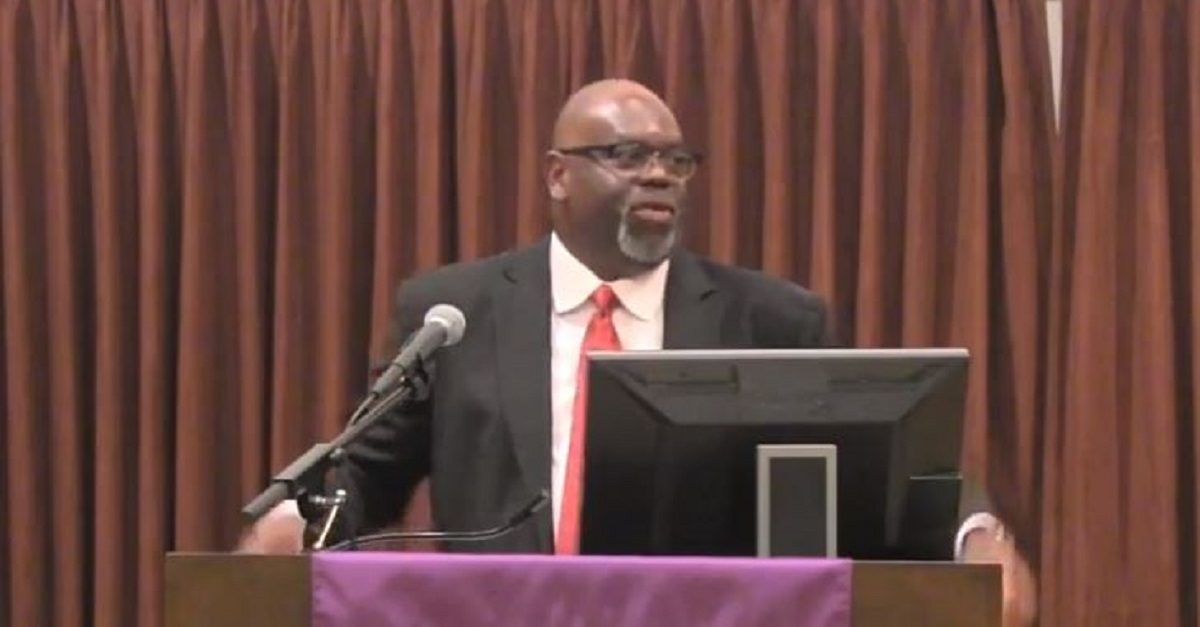
A federal judge in Mississippi on Tuesday handed down a searing opinion, rebuking the state of Mississippi for failing to provide mental health patients with proper care in violation of federal civil rights laws.
The decision from District Court Judge Carlton W. Reeves marked the end of a four-week bench trial, during which the U.S. Department of Justice claimed that the state of Mississippi’s failure to provide local treatment options for residents suffering serious mental illnesses (SMI) violated those residents’ civil rights, forcing them back into State institutions.
“The United States has met its burden and shown that despite the state’s episodic improvement, it operates a system that unlawfully discriminates against persons with serious mental illness,” Reeves wrote, adding that the DOJ “provided dozens of examples of individuals who were unnecessarily hospitalized or hospitalized too long because they were excluded from community-based services.”
Reeves also said he would be appointing a special master to oversee sweeping changes to Mississippi’s mental health care infrastructure and help reach an appropriate remedy for the State and its patients.
The judge opened his 61-page opinion by discussing the testimony of Melody Worsham, a former state-institutionalized patient currently working as a certified peer support specialist for others diagnosed with a SMI, who was one of dozens of witnesses to testify before the court. Worsham said the State failed to make an effort to expand community-based services for those suffering SMI.
“The Court fully agrees with Ms. Worsham. On paper, Mississippi has a mental health system with an array of appropriate community‐based services. In practice, however, the mental health system is hospital‐centered and has major gaps in its community care,” Reeves wrote. “The result is a system that excludes adults with SMI from full integration into the communities in which they live and work, in violation of the Americans with Disabilities Act (ADA).”
Reeves continually returned to the horrors recounted during witness testimonies, specifically noting some of the “unusual and extreme” treatment such as being forced to earn the privilege to wear a wedding ring and being completely deprived of privacy. He also noted that many of the witnesses said the State hospitals were like prisons.
“Ms. Worsham told the court that: I’m terrified of [state hospitals]. . . . They take all your rights away and there is no dignity. They pump people full of drugs. They make you use a community bathroom even though you have your own room. Women who are menstruating have to walk around the halls with a handful of tampons,” Reeves wrote, quoting from Worsham for a second time in his decision.
Per Tuesday’s decision, both the United States Department of Justice and the state of Mississippi are required to submit potential nominees for the special master role within 30 days.
In an interview with the Jackson Free Press, Families as Allies Executive Director Joy Hogge commended Reeves, particularly noting his decision to incorporate witness testimony in the ruling.
“I think the thing I was most touched by is that the ruling itself starts with the words of someone who has a mental illness who has lived experience, and I hope—those words were so powerful and so gripping—that this whole process will be driven by the people who are receiving services, saying, ‘This is what we actually need,’ and that people will be free to say what they really think and that they won’t be intimidated or retaliated against,” Hogge said.
Reeves Ruling in DOJ Case 9… by Law&Crime on Scribd
[Image via Millsaps College screengrab]